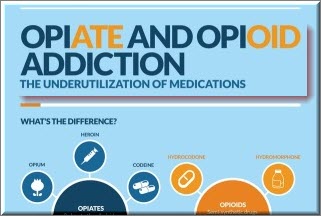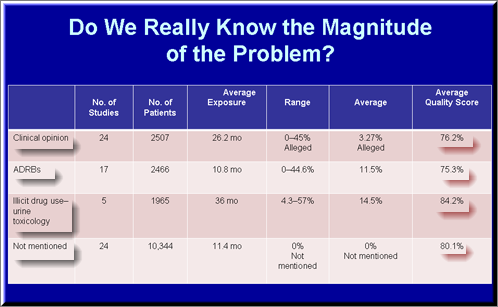Opioids are a type of drug that is usually distributed by medical doctors and health professionals to relieve pain and discomfort. Opioids can end up being typically categorized into two main groups, specifically natural opioids and synthetic, artificial opioids. Opium, morphine or morphia, and codeine tend to be types of natural opioids, while heroin narcotic and oxycodone are examples of synthetic opioids. Each one of these compounds, apart from heroin, is legal and legitimate to use; however, they will call for a medical doctor’s prescription before they can be administered. Due to the fact the ability to tolerate opioid is very probable; these substances are hugely controlled and managed in the majority of places throughout the world.

However not everybody who normally takes opioid drugs for prolonged time periods are at high-risk of developing opioid abuse and addiction, research and analysis has revealed that many people who are on opioid pain and discomfort treatments and therapies will produce a certain degree of physical dependency or reliance towards the substance. It is when this dependence gets unmanageable that opioid addiction develops and shows itself.
The condition known as abuse of opioids does not really occur in just one day. In most all cases, opioid addiction only begins to occur when an individual’s body gets regularly exposed to opioid-based medications and medicines due to an ailment or health problem that triggers continuous and uninterrupted pain. More often than not, anytime an individual gets very much accustomed to prescription drugs pain killers like opioids, they no longer get the same amount of comfort from a lowered dosage of the drug. Due to the fact of the tolerance levels that they develop towards the opioid, the patient and sufferer begins to need an increase or boost in the opioid medication dosage to achieve the relief from the pain and discomfort they are enduring. Adjusting opioid medication dosages to higher amounts makes the affected individual increasingly and progressively more dependent upon the chemical substance as time passes which, subsequently, can result in opioid abuse or even full blown addiction.

Tolerances as well as dependence are very common and distinctive complications and issues associated with taking these opioid drugs and medicines for extended periods of time. The good news is, they could be prevented under a medical doctor’s or healthcare provider’s proper care and treatment. Opioid abuse, misuse and addiction are not so likely to occur in people who consume the opioid drugs appropriately. Meaning, if a person gets the approved and permitted dosage, they can lower their risk and danger of developing drug addiction despite constant use of these addicting drugs.
As with many other types of substance drug abuses, opioid drug addiction is not quick to treat and deal with. If an individual is experiencing and going through such a problem, they need to understand and comprehend that they cannot treat addiction by themselves. Medical doctors play and perform a crucial and all-important part in rehabilitation as well as recovery in the same way that their family and friends can also help and support. Treatment and rehabilitation facilities and services can help people deal and cope with life issues and difficulties brought about by opioid addiction. To move into a drug-free life, seek help from these professionals in these facilities the second one identifies and recognizes the problem or big red flag of drug addiction .
